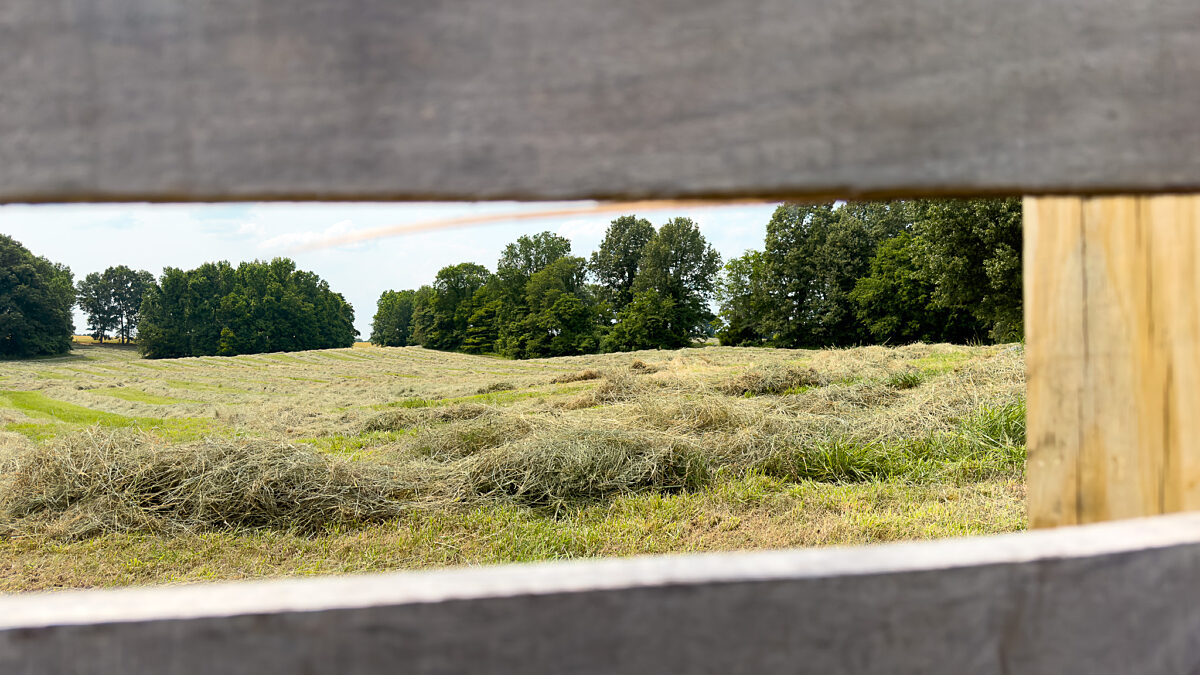Know what’s below. Call before you dig.
Guest Author
Special Contributor to FB.org

photo credit: AFBF Photo, Morgan Walker
Guest Author
Special Contributor to FB.org

Pipelines transport much of the natural gas, liquid fuels, and other hazardous materials that Americans use every day. In fact, there are over 500,000 miles of large-diameter, high-pressure pipelines crisscrossing the United States. These pipelines are in every state, and most are underground.
Digging in to a pipeline can result in catastrophe. Excavation damage – or digging in to pipelines – is one of the leading causes of natural gas and hazardous liquid pipeline accidents that cause property damage, injury or death. Even scraping or nicking a pipeline can cause a future disaster. But the good news is that damaging pipelines while digging is entirely preventable.
A call to “811” is the simplest way to prevent excavation damage to underground pipelines. Call 811 from anywhere in the country a few days prior to digging, and your call will be routed to your local One Call Center. Tell the operator where you are planning to dig and what type of work you will be doing. Your affected local utilities companies will be notified about your intent to dig. They will send a locator to mark the approximate location of underground utilities (including pipelines) so you will know what's below and be able to dig safely. The service is free.
Any digging before calling 811 is dangerous. Pipelines can be just a few inches below the surface. Deep excavation is particularly dangerous. Examples of deep excavation that can easily damage pipelines include deep tilling, installing or repairing drain tile, digging a new well or pond, installing a septic system or installing fence posts. If you do this kind of work without calling 811, you are risking your life and your property.
In most cases, a call to 811 is required by law before digging. In some states, a call is not required for some farming activity, such as routine tilling. However, it is still advisable to call 811 before any digging activity. To learn more about the requirements of your state’s excavation damage prevention law, visit http://primis.phmsa.dot.gov/comm/DamagePreventionSummary.htm or contact your local One Call Center by calling 811.
The U.S. Department of Transportation, Pipeline and Hazardous Materials Safety Administration (PHMSA) is the federal agency responsible for regulating the safe transportation of natural gas and hazardous liquids by pipeline. PHMSA is committed to preventing excavation damage to underground pipelines. In fact, in states that do not adequately enforce their own one-call laws, PHMSA can assess civil penalties against excavators – including farmers – who unlawfully damage underground pipelines. For more information, visit https://phmsa.dot.gov/pipeline/safety-awareness-and-outreach/excavator-enforcement.
April is National Safe Digging Month. You owe it to your family, your farm, and your neighbors to understand your responsibility to dig safely. Do not assume that you know what is underground in the area you are digging, and do not assume you are exempt from one-call requirements. Do not make a judgment call. Make a free phone call – to 811 – before every digging project. To learn more, visit www.call811.com.
This Focus on Agriculture column was brought to you by the U.S. Department of Transportation’s Pipeline and Hazardous Materials Safety Administration, which develops and enforces regulations for the safe, reliable and environmentally sound operation of the nation's 2.7 million mile pipeline transportation system and the nearly 1 million daily shipments of hazardous materials by land, sea and air. Please visit http://phmsa.dot.gov for more information.
Trending Topics
VIEW ALL